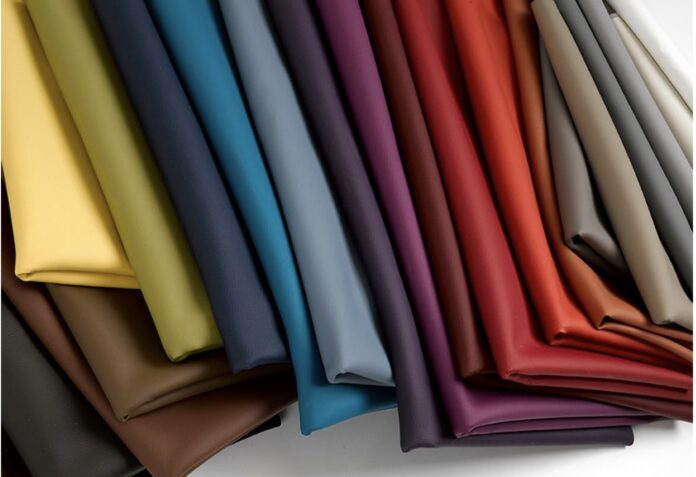We’re now a few years into the boom of vegan leather. Research has shown that consumers are becoming increasingly conscious of the impact that their choices have on the environment and on animal welfare.
Historically, it has been tricky for vegans to source stylish fashion options because most brands were just not concerned with this audience. It’s wild to think that the vegan market was so small compared to the size of it now, but it wasn’t just the small audience that put brands off – it was also because the technology of vegan materials just wasn’t up to scratch.
Whilst the demand for vegan materials has grown, it has led to innovation and as a result, vegan materials and vegan leather are of higher quality than ever, making it more accessible and affordable for brands to implement this.
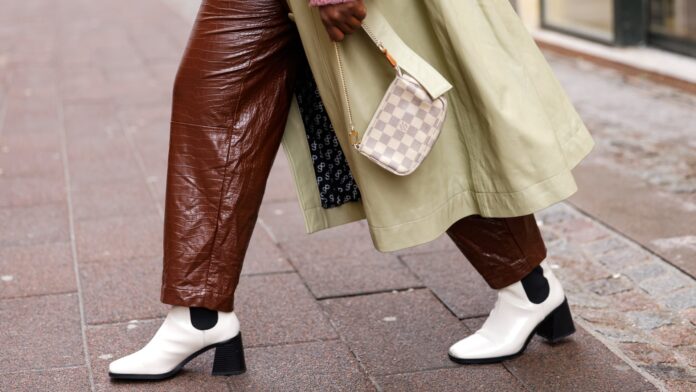
Vegan Leather And Fashion Trends
Leather has always been a staple material in fashion, in so many cultures! That much is obvious. Now, we’re living in a time where nobody has to compromise on style for ethics because vegan leather has been embraced by a wide range of manufacturers and therefore consumers.
Celebrities such as Emma Watson, Natalie Portman, and Rooney Mara have all been spotted wearing vegan leather clothing and accessories, which has of course massively helped to popularise these materials.
We absolutely love the fact that you can walk into a store and pick up a vegan leather jacket, that actually looks good and is not rigid plastic. Old-school brands like Blundstone, who is famous for product durability are even making animal-free Chelsea boots. It just goes to show that any company can make a difference if they actually put thought into it.
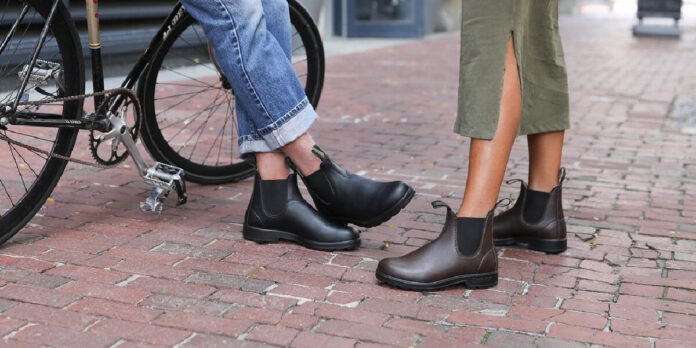
The Types Of Vegan Leather And How They Are Made
We know that traditional leather is made from animals, but how do they make faux leather? Well, there are a few variations on today’s market that are made synthetically and actually, things have come a really long way when compared to the first animal-free leathers that entered the market. It’s probably time to reevaluate what we know about synthetic leather all together.
Some of the most common types of vegan leather are as follows:
PU Leather (Polyurethane)
A popular type of vegan leather that is made from a polymer material. It is typically made by coating a fabric base with a layer of polyurethane. PU leather is considered vegan, though interestingly there is also a close variant that you should probably watch out for, called bicast leather this contains actual animal leather but it’s got a polyurethane coating on top! So don’t confuse the two.
PVC Leather (Polyvinyl Chloride)
Another popular type of vegan leather is also made from polymers. PVC leather is typically made by coating a fabric base with a layer of PVC. This is durable and cost-effective, but it is generally regarded as being less sustainable when compared to other vegan options.
Other Vegan Leathers
There are also more innovative vegan leathers appearing on the market, whilst these are exciting they are currently slightly less reliable than the above options in terms of durability (at the time of writing), but it’s exciting to see how the future will pan out.
Piñatex is a sustainable alternative to traditional leather that is made from pineapple leaf fibres. This material is durable and soft, with quite a unique texture. There is even Mushroom leather, a new alternative that is made using the root part of mushrooms. We truly are living in the future!
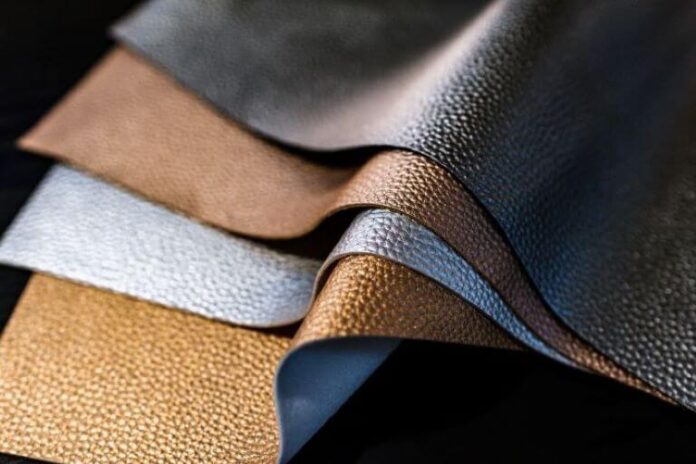
Comparison Between Vegan Leather And Traditional Leather
Besides the obvious difference between vegan leather and animal leather, another aspect is the environmental impact of producing these materials. Manufacturing vegan leather can be less resource-intensive and presents opportunities to take advantage of more eco-friendly materials and processes.
That being said, when it comes to shopping for either animal leather or vegan leather – we’d recommend going with a brand known for producing high-quality goods. Whilst material choice is one thing, ensuring the items you purchase are designed well and made well will mean that you get a lot of wear from them – this is a great way to keep things sustainable. It’s not only down to the materials that you choose, but the brand and the way they make goods. Consider if they are responsible, are materials ethically sourced and are they trying to make the world a better place.
Purchasing 1 or 2 pairs of high-quality animal leather boots in a period of 5 years is probably less damaging to the environment than purchasing 7 pairs of cheap vegan boots in the same period of time. Item life should always be considered.
Speaking of, when it comes to durability and quality, traditional leather is widely praised for this and that’s exactly why it became so popular. Vegan leather tends to get a bad name with this side of things, and that’s because until recently most synthetic leather was just not up to scratch. Though, with the recent advancements in material technology, alternative leather is much more resilient to impact, water damage and general wear and tear. Making it a genuinely good replacement. So you can wear vegan leather with confidence and know that it will hold up well over time. Not to mention, they also look much more convincing and appear like normal leather, without looking all plasticy.
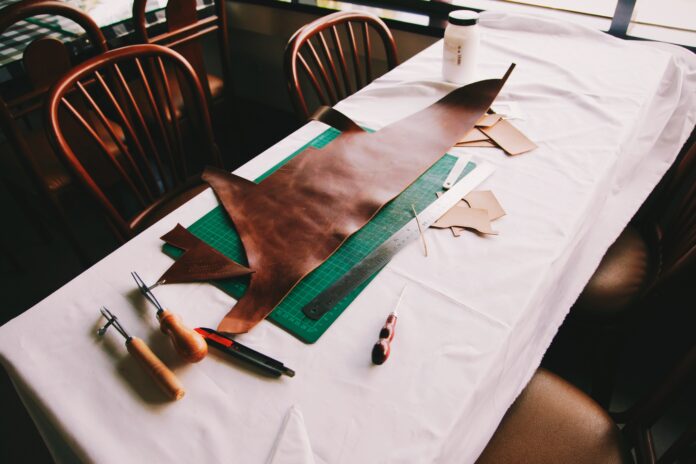
The Choice Between Vegan Leather or Traditional Leather
At the end of the day, the choice between synthetic leather and animal leather comes down to personal values and preferences. We respect that everyone has an opinion on this and are glad to share information that helps you make an informed decision when it comes to shopping.
We’re not here to be on a high horse about it and judge peoples morals, after all – both types of leather have pros and cons. Plus, we understand if people may want to wear traditional clothing. Normal leather is still very popular today, but it’s interesting to think where synthetic leather is going to end up, especially with all of this progress we have been seeing in recent years.

